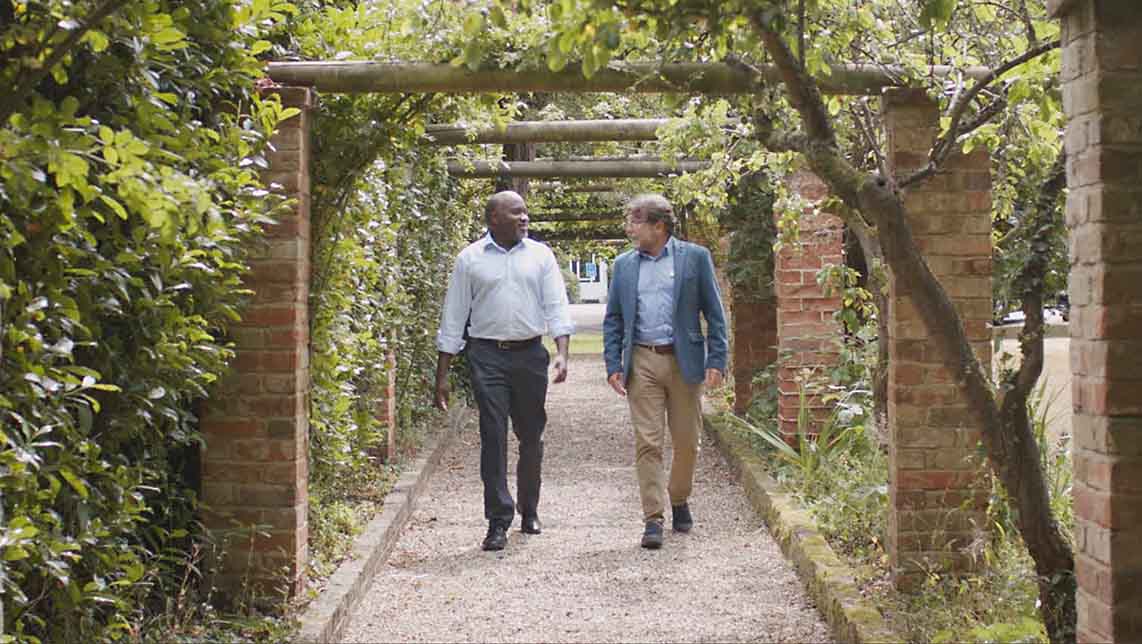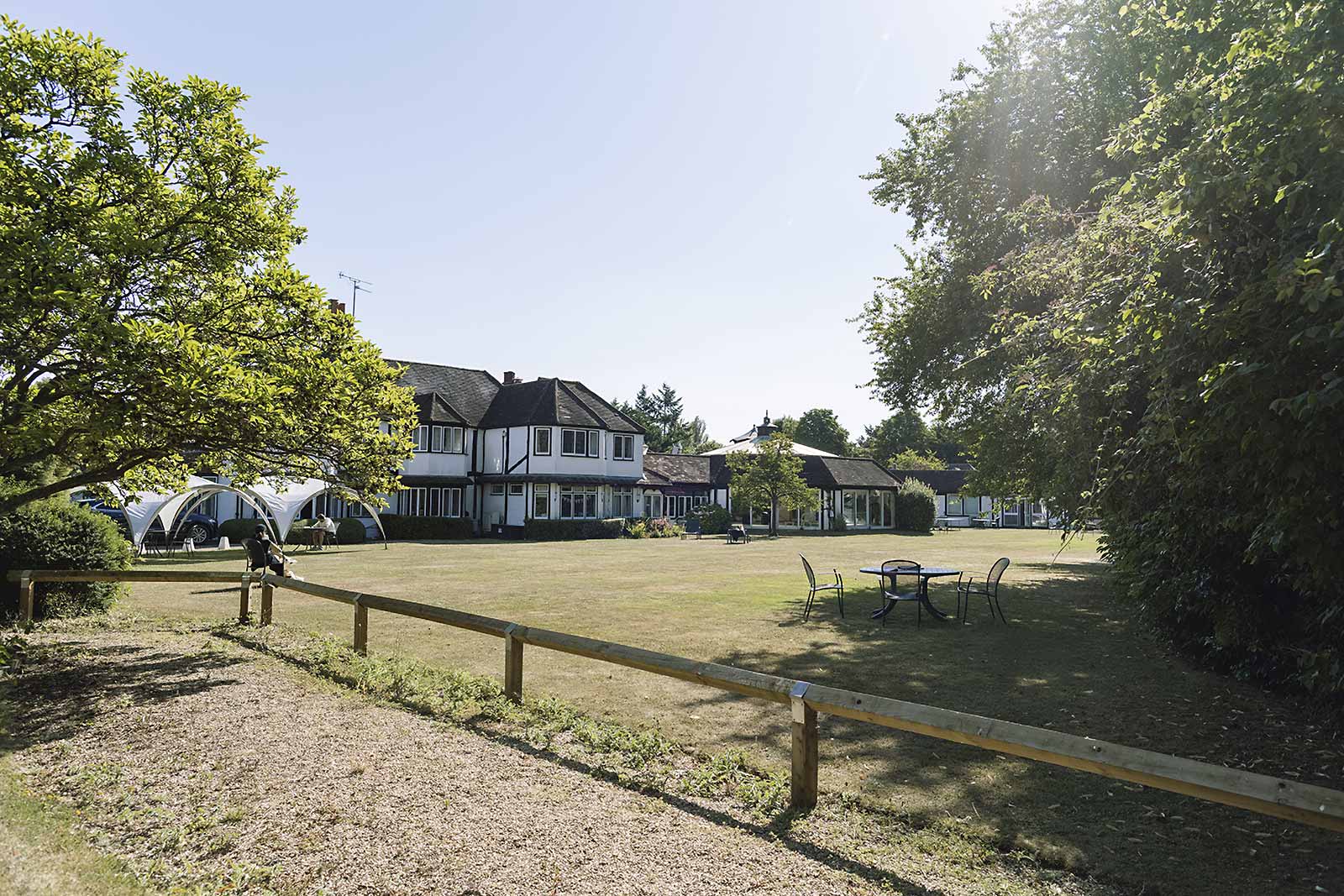Addiction Treatment
At Cardinal Clinic, we recognise addiction as a mental health condition with every persons condition as unique. That’s why we take a tailored and personalised approach to care to ensure every patient receives the specific help they need to recover.
Addictions treated at Cardinal Clinic
We offer treatments for a wide variety of addictions. See below for which addictions we treat and more information about each addiction.
A calm environment dedicated to your care
Rated ‘Outstanding’ for care and overall ‘Good’ by the Care Quality Commission.
Our approach to treating addictions
Depending on our addiction, the treatment will vary:
Alcoholism is treated in stages and through different treatment varieties starting with detox and then utilising a combination of medication and/or therapy based on the individual’s needs.
Exercise Addiction is predominantly treated through therapy, specifically Cognitive Behavioural Therapy (CBT). If exercise addiction is coupled with an eating disorder or anxiety and/or depression condition as well, further treatments may be required.
Food Addiction treatment starts by seeing a psychologist who can work with you on a 1:1 basis to change these habits. They are likely to use talking therapies such as Cognitive Behavioural Therapy (CBT). CBT focuses on challenging and changing unhelpful behaviour and improves emotional regulation as well as developing personal coping strategies.
Gambling Addiction treatment starts with initial assessment with a consultant psychiatrist. They will make a diagnosis and discuss a care plan. This can include referral to a therapist who you will see on a 1:1 basis. Some patients benefit from a group environment where they can share their experiences and learn from others.
Internet Addiction treatments require an intensive approach to treatment and to be away from the situations that are influencing behaviour and a focus on therapy to identify the root behind this behaviour.
Treatment is delivered within the beautiful setting of our private Windsor clinic, whose grounds and facilities provide a tranquil environment for our patients. See the beauty of the grounds for yourself by watching the video below.

Addiction treatment paths at Cardinal Clinic
In-patient
In-patients participate in the therapeutic programme that runs throughout the day and benefit form our 24/7 nursing care. They can benefit from making good progress very quickly as well as receiving lots of input from members of the multi-disciplinary team. If you feel that our in-patient service would be of benefit, please take a look at our page about getting a referral from your GP. Alternatively, you may wish to consider referring yourself.
For further information about our in-patient service please see our in-patient page.
Out-patient
Out-patient care is provided by our team of more than 50 clinicians. This includes psychiatrists, psychologists and psychotherapists. This means we can ensure that your care is managed by someone with the skills and experience necessary for the specific condition you are experiencing. Learn more about our out-patient service.
Day Care
Our Day Care service operates three days per week between 9am and 5pm. Patients may attend for a single day per week or for multiple days. Different days have different themes and therefore some days may be more appropriate for your personal care plan, than others.
Learn more about our Day Care programme.
Alcohol Detox Programme
We have a 10-day and 14-day fixed price alcohol detox programme that is designed to help stop drinking safely. The packages include:
- Consultant assessment and in-patient charges
- Physical assessment and blood screen
- 10/14 day in-patient care in individual en-suite bedroom
- Medication to reduce the symptoms of alcohol withdrawal
- Full Clinic programme to include alcohol support sessions
- Literature/recovery information
- Relatives support
We place patients at the centre of our care

Dr Jane Perera – Medical Director and Responsible Officer for the Cardinal Clinic.
Our team of mental health nurses, psychologists and psychiatrists work together to provide a treatment programme tailor-made to your unique needs. Your comfort and safety whilst at the Cardinal Clinic is our top priority. You will feel welcomed, cared for and supported during your stay.
Addiction FAQs
Addiction is a mental health condition whereby someone has an unhealthy dependence on a substance and/or activity. Types of addiction include alcohol, food, exercise, internet and gambling addictions.
There is no one cause for addiction, however many addictions are connected to anxiety and/or depression mental health conditions. In order to treat an addiction, determining if someone has related mental health conditions is an important factor to developing a treatment plan and aiding in recovery.
Addictions are treated predominantly through either mediation or therapy or a combination of the two. The most affective therapy is Cognitive Behavioural Therapy (CBT), which focuses on challenging and changing unhelpful behaviour and improves emotional regulation as well as developing personal coping strategies. Some patients also benefit from a group environment where they can share their experiences and learn from others.
Addictive behaviours depend on the type of addiction.
Signs of alcohol addiction include:
- A lack of interest in activities that were previously enjoyed
- Appearing to be intoxicated more frequently
- Needing to drink more to achieve the same effect
- Appearing tired, unwell or irritable
- An inability to refuse alcohol
- Anxiety, depression or other mental health problems
- Becoming secretive or dishonest
Signs of a food addiction include:
- Eating more than planned of certain foods when starting to eat
- Continuing to eat certain foods although no longer hungry
- Eating to the point of feeling unwell
- Worrying about not eating certain types of food or worrying about cutting down on certain food types
- Going out of your way to get certain foods when they are not available
- Eating sensibly in front of others and making up for it when alone
- Eating linked to emotions
- Eating foods in large amounts or so frequently that eating takes place instead of working, spending time with family or enjoying hobbies
- Due to the fear of over eating, social situations are avoided knowing certain foods will be available
- Daily functioning is effected by food and eating
Signs of an exercise addiction include:
- Continuing to exercise despite physical injury or psychological issues
- Spending less time participating in other activities
- Thoughts are dominated by exercise and include thinking about and planning exercise
- Deviating from your intended exercise routine and increasing the intensity
- The need to exercise more and at a higher rate of intensity to achieve the same ‘high’
- Feeling irritable if unable to exercise for a period of time
Signs of a gambling addiction include:
- Feeling the need to be secretive about gambling
- Having trouble controlling gambling habits
- Gambling when you cannot afford to
- Friends and family express concerns about your gambling
- Relationships can also be affected; this can be the way the person interacts at work or with family and friends, or they might miss work altogether
Signs of internet addiction include:
- Feelings of guilt
- Anxiety or depression
- Dishonesty
- Euphoric feelings when in front of a computer
- Inability to keep to schedules
- No sense of time
- Isolation
- Defensiveness
- Avoiding work
- Agitation when internet time cannot be accessed
There are a wide variety of addictions. Common addictions include alcoholism, food addiction, gambling addiction, internet addiction and exercise addiction.
We're here to help you
Call Cardinal Clinic on 01753 910729
Or refer yourself for care, make an enquiry
or arrange a free nurse consultation via our
help hub.
A calm environment dedicated to your care
Rated ‘Outstanding’ for care and overall ‘Good’ by the Care Quality Commission, Cardinal Clinic works tirelessly to offer an elevated patient experience from exquisite and fresh chef-prepared meals, to comfortable and relaxing accommodations. Situated in a private estate in the heart of Windsor’s green belt, residential in-patient care, day care and out-patient services are offered.


